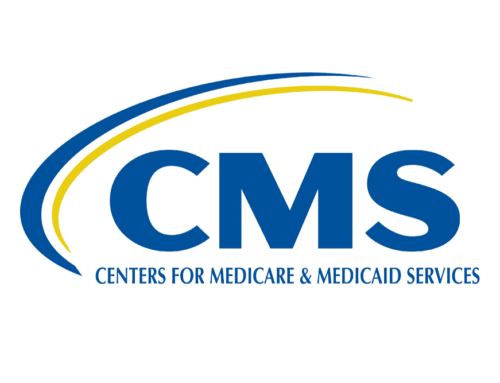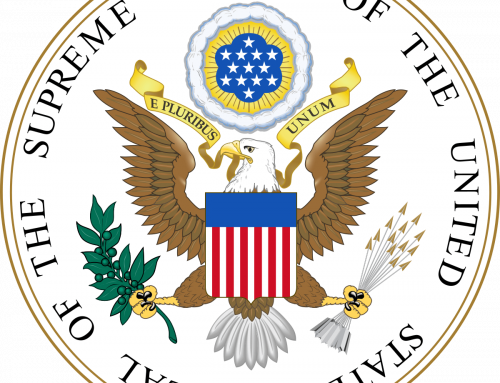CENTER UPDATE | June 2023
In this Issue:
- Brief: Clinical and Equity Implications of Braidwood v. Becerra
- Use of ACA Preventive Care Potentially Affected by Braidwood v. Becerra
- Braidwood v. Becerra Webinar
- Preventive Care Coverage at a Crossroads
- 2% of Adults Reported Not Taking Medication as Prescribed Due to Cost
- More Americans Skipped the Doctor Last Year Because of Costs
- Cancer Patients Shouldn’t Be Responsible for Out-of-Pocket Costs
- Medicare Part D Beneficiaries Projected to Pay Lower Out-of-Pocket Costs
- Free Prescription Drugs Could Reduce Overall Healthcare Costs in Canada
- HSAs Can Help Alleviate Financial Hardship for Adults with Chronic Conditions
Clinical and Equity Implications of Braidwood v. Becerra
A new V-BID Center brief discusses the history of the Affordable Care Act preventive services provisions, its profound impact, as well as the clinical and equity implications if the Braidwood v. Becerra ruling is upheld.

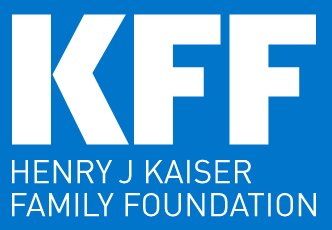
Use of ACA Preventive Care Potentially Affected by Braidwood v. Becerra
A KFF analysis estimates that up to 10 million people could face higher out-of-pocket costs if the Braidwood v. Becerra ruling stands, and insurers ultimately decide to implement cost-sharing. 7% of people enrolled in the individual market, 5.7% of people insured through large employers, and 4.1% of people insured through small employers received preventive services and drugs affected by the Braidwood ruling. Statins were the most commonly used form of ACA preventive care.
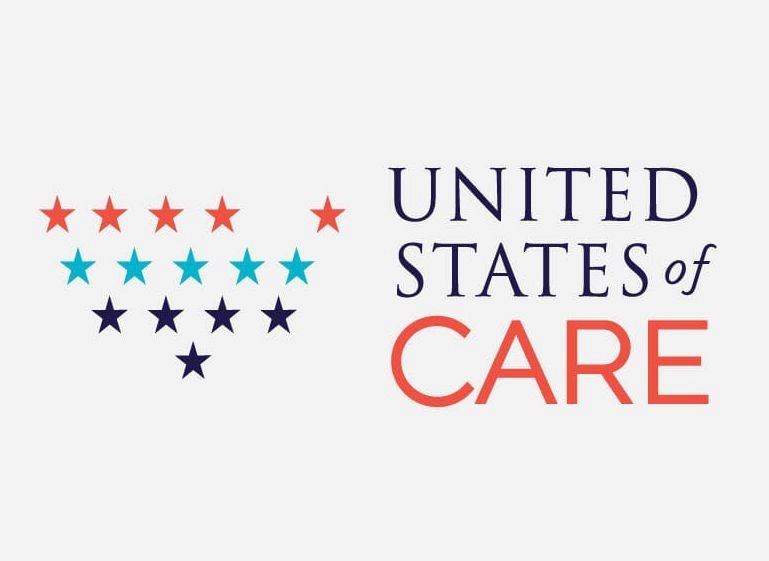
Braidwood v. Becerra Webinar
Register here for a joint webinar on the Braidwood v. Becerra preventive services case on Tuesday, June 6, at 1pm EST. Speakers will provide an overview and latest developments of the case, discuss the equity and clinical implications, and provide actionable steps and resources to support state and community advocacy.

Preventive Care Coverage at a Crossroads
A new article highlights paths forward as the Braidwood v. Becerra appeal makes its way to the Supreme Court, discussing a potential ‘freeze’ on preventive care and legislative ‘fixes’. If the ruling is upheld, that could ‘freeze’ the entire list of free services as if it were 2010 again. Only those patients who were eligible for a free service in 2010 would be able to get it. Alternatively, Congress could pass a one-line provision recommending or requiring that the federal Secretary of Health and Human Services approve any recommendations that receive an A or B rating from the USPSTF.

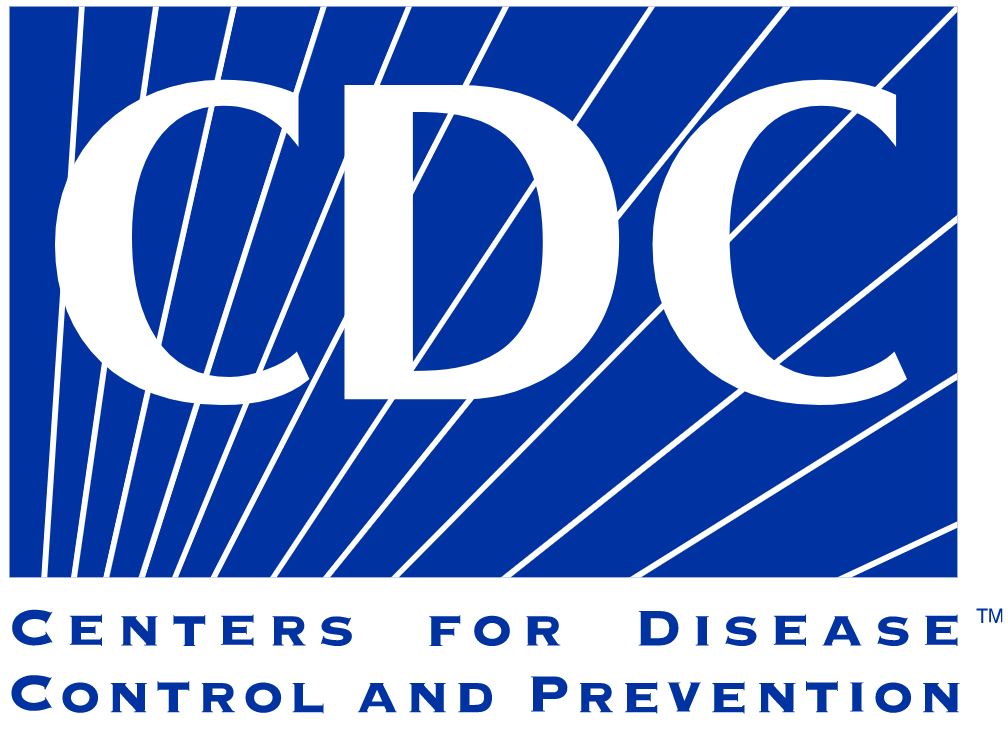
8.2% of Adults Who Took Prescription Medication Reported Not Taking as Prescribed Due to Cost
8.2% of adults aged 18–64 did not take a prescription medication as prescribed in the past 12 months due to cost, though this percentage varied by sex, race and Hispanic origin. The percentage who did not take medication to reduce costs was higher among those with disabilities, fair or poor health, and lower incomes; the percent was highest among uninsured adults.

More Americans Skipped the Doctor Last Year Because of Costs
A survey released by the Federal Reserve has found that 28% of U.S. adults skipped medical treatment because of cost in 2022. A summary of the study includes the following key points:
- The most commonly skipped medical treatment was the dentist, followed by seeing a doctor and paying for a prescription
- Those without insurance are 2x as likely to skip treatment
- 75% of families with income less than $25,000 reported being in good health, compared with 91% for those with income of $100,000 or more
- 35% of Americans said their financial situation was worse in 2022 than the prior year
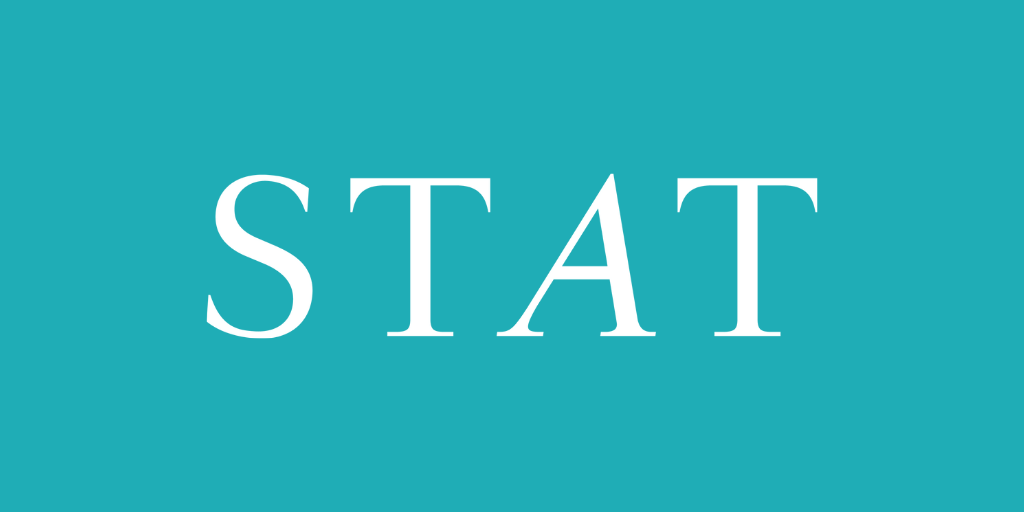
Cancer Patients Shouldn’t Be Responsible for Out-of-Pocket Costs
A recent op-ed calls for the removal of cost-sharing, including deductibles and copays, for patients with cancer. While cancer death rates have declined by 27% over the past 20 years, high costs of treatment create financial toxicity for patients. The average cost of medical care and drugs is more than $42,000 in the year following a cancer diagnosis.
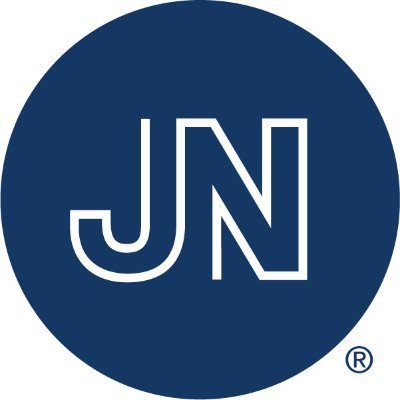
Medicare Part D Beneficiaries Projected to Pay Lower Out-of-Pocket Costs
A comparison of out-of-pocket spending on ultra-expensive drugs for Medicare Part D beneficiaries and patients with commercial insurance found that Medicare Part D beneficiaries without low-income subsidies spent 2.5x more out-of-pocket and were subject to greater variation in spending. The $2000 out-of-pocket cap included in the Inflation Reduction Act may substantially lower out-of-pocket costs for more than 125,000 Part D beneficiaries who use ultra-expensive drugs and are ineligible for low-income subsidies
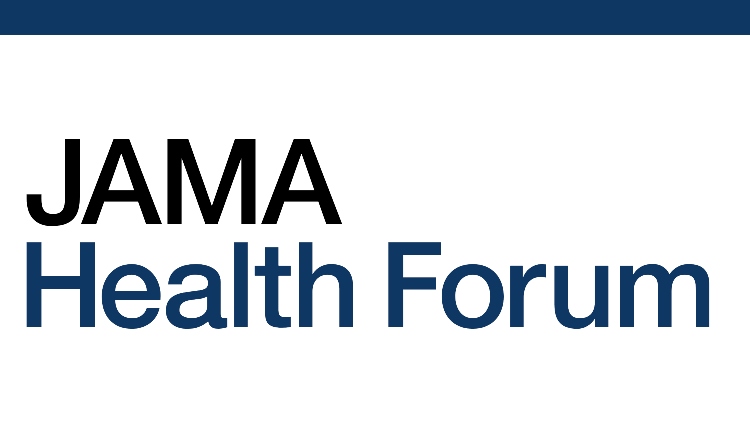
Free Prescription Drugs Could Reduce Overall Healthcare Costs in Canada
Research examining the impact of free medication distribution on overall healthcare spending in Canada has found that eliminating out-of-pocket medication costs is associated with lower reduced total health spending. The mean total healthcare spending was reduced by $4,465 per patient over three years, resulting in potential yearly savings of more than $1 billion across Canada.
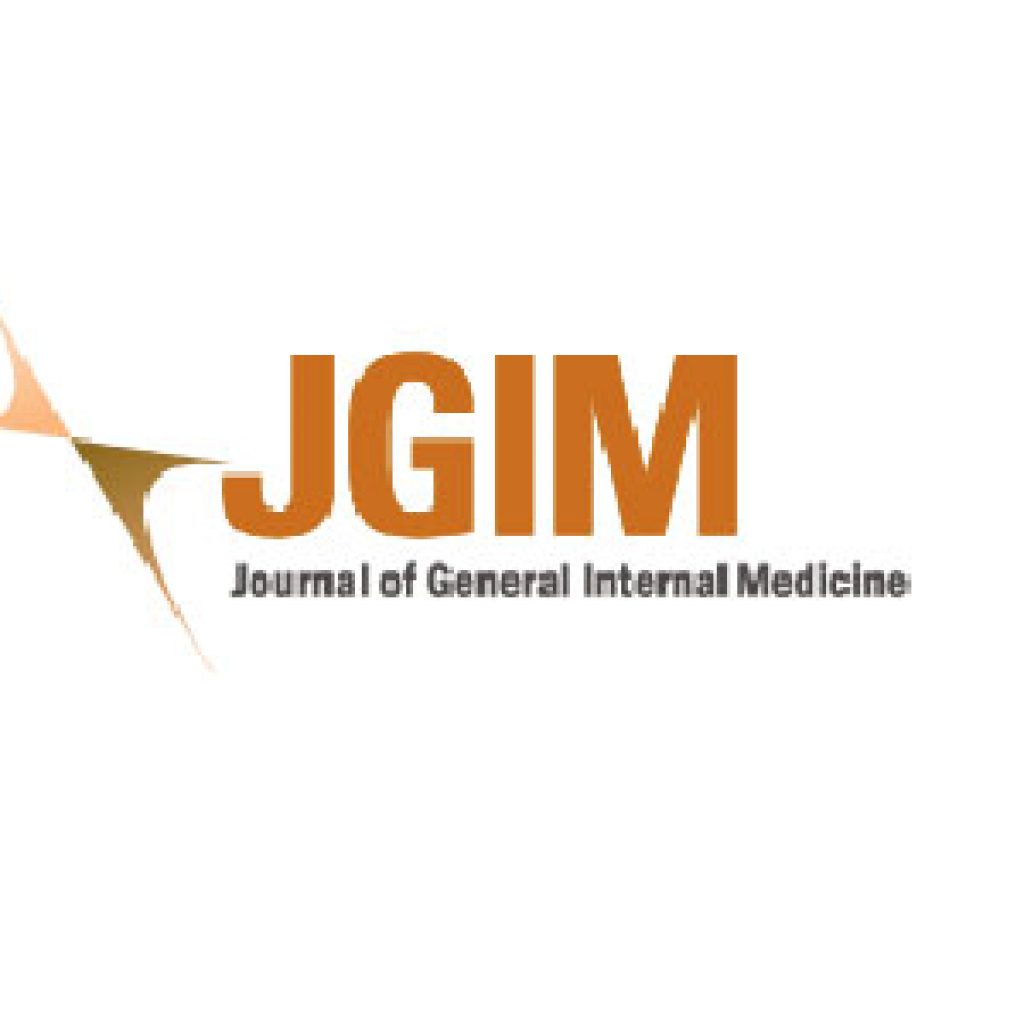
HSAs Can Help Alleviate Financial Hardship for Adults with Chronic Conditions Enrolled in HDHPs
An examination of financial hardship between high-deductible health plans (HDHPs) and non-HDHPs with and without HSAs found that having an HSA was associated with less financial hardship for enrollees with multiple chronic conditions. HDHPs are more likely to be correlated with worse financial outcomes regardless of health status.

Healthcare Costs Exceed $31K for Family of Four
According to the 2023 Milliman Medical Index, annual healthcare costs for a family of four have risen to $31,065 and $7,221 for an average individual. Employees shoulder close to 60% of these increased costs. This data marks an increase of 5.6% in overall healthcare costs this year, and a 4.8% yearly increase since 2021.
Please Help Support the V-BID Center
As we near the end of 2022, we recognize our accomplishments over the past year and look ahead to all we can achieve at the University of Michigan Center for Value-Based Insurance Design. Generosity from collaborators and friends like you allows us to remain focused on equity enhancing programs that improve access and affordability to essential clinical services
You will play an essential role in the future success of the V-BID Center by making a gift today. Thank you for your support.




